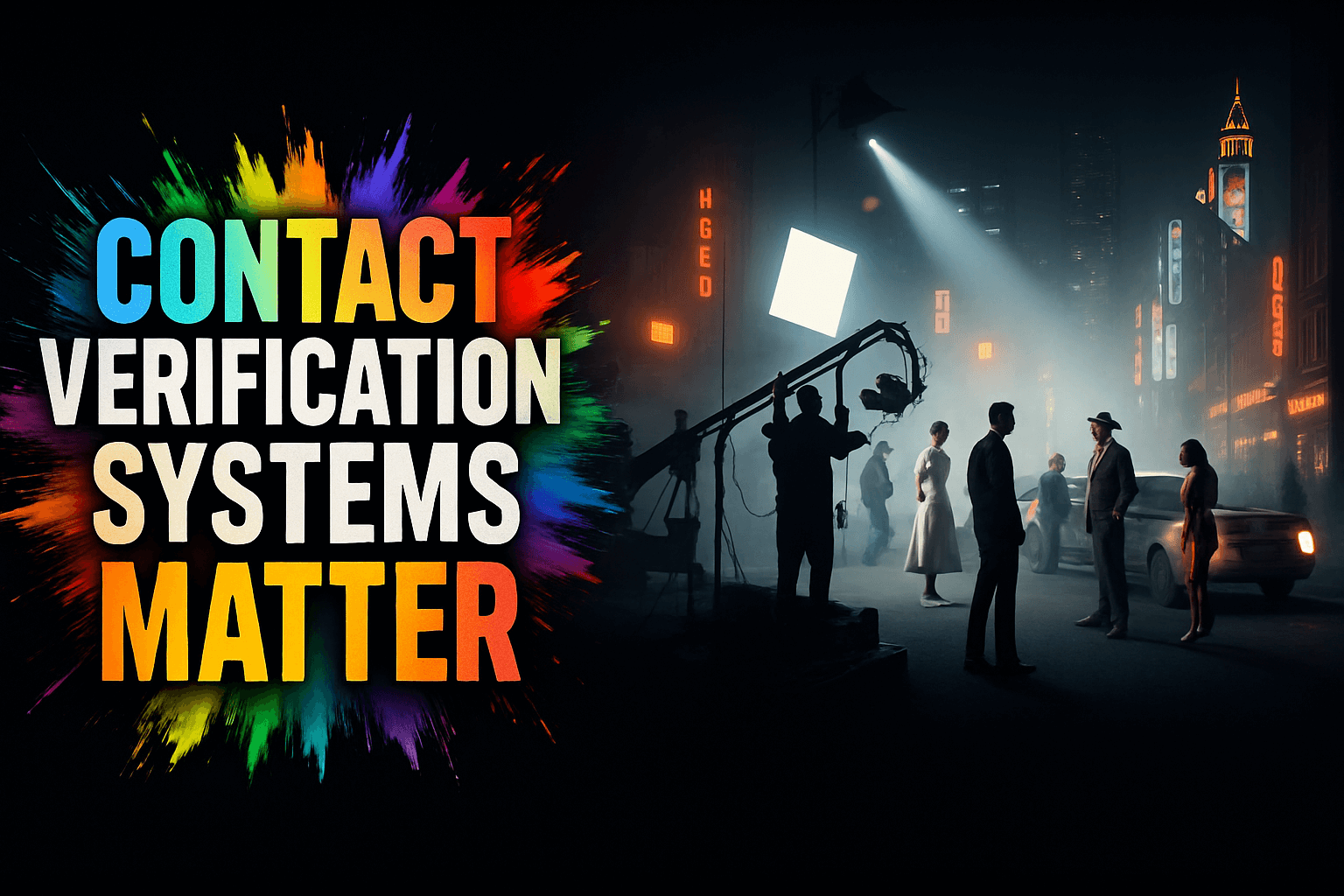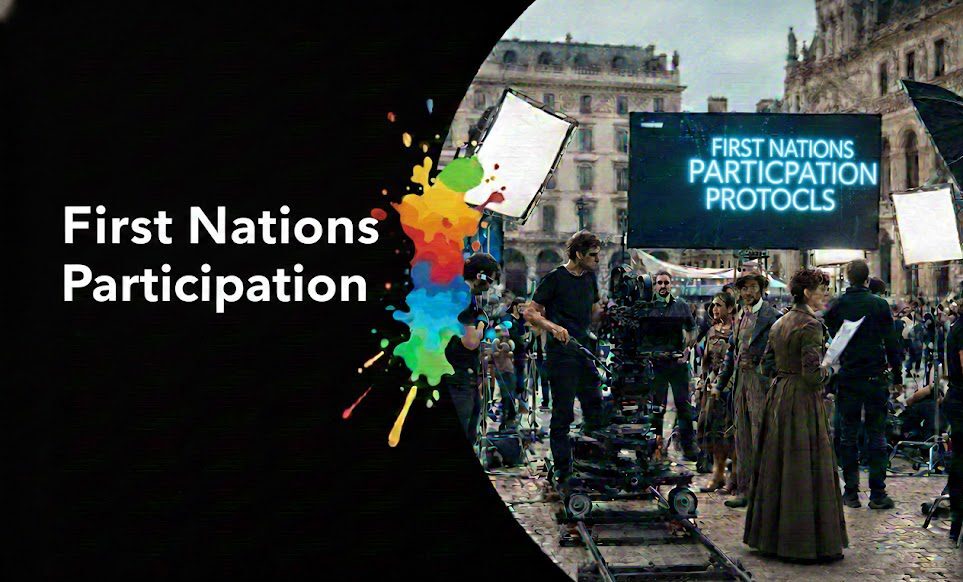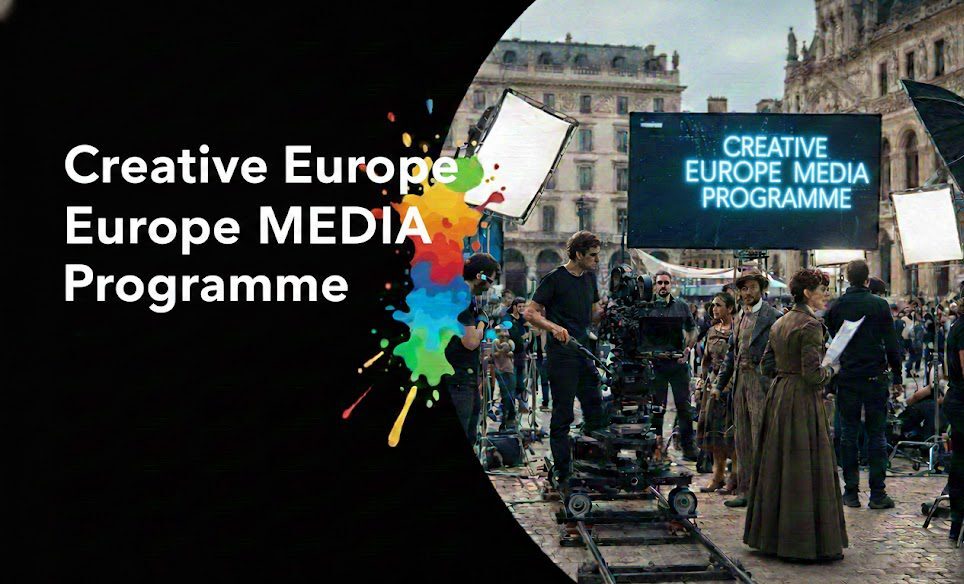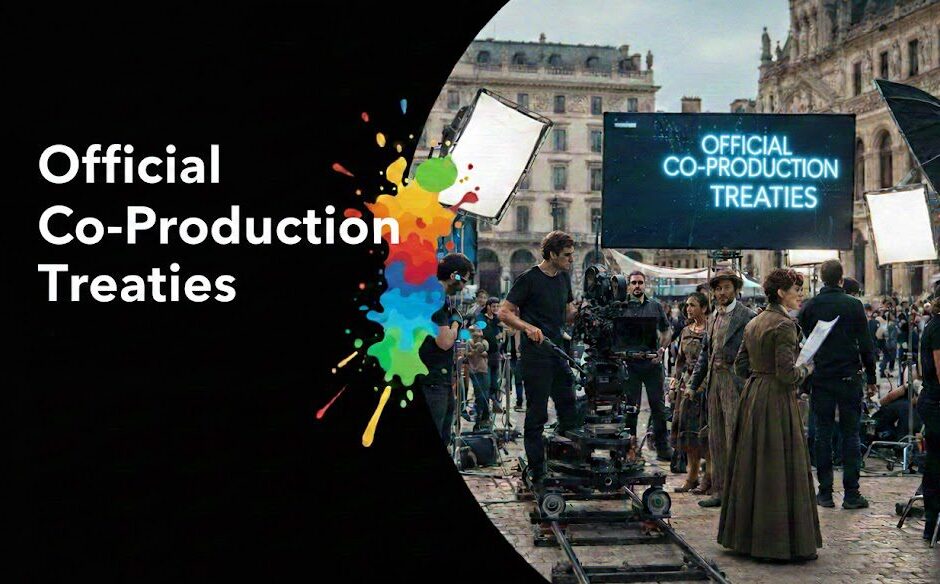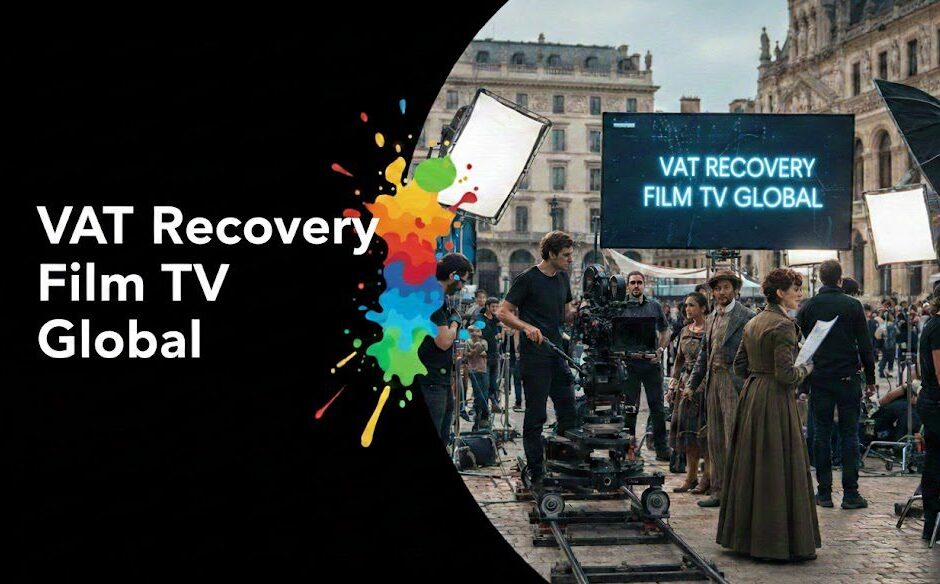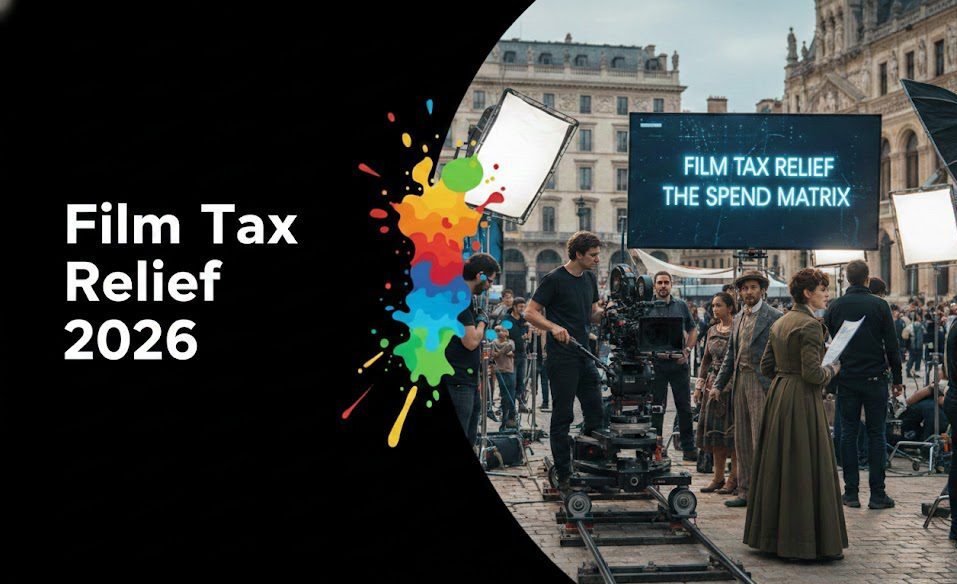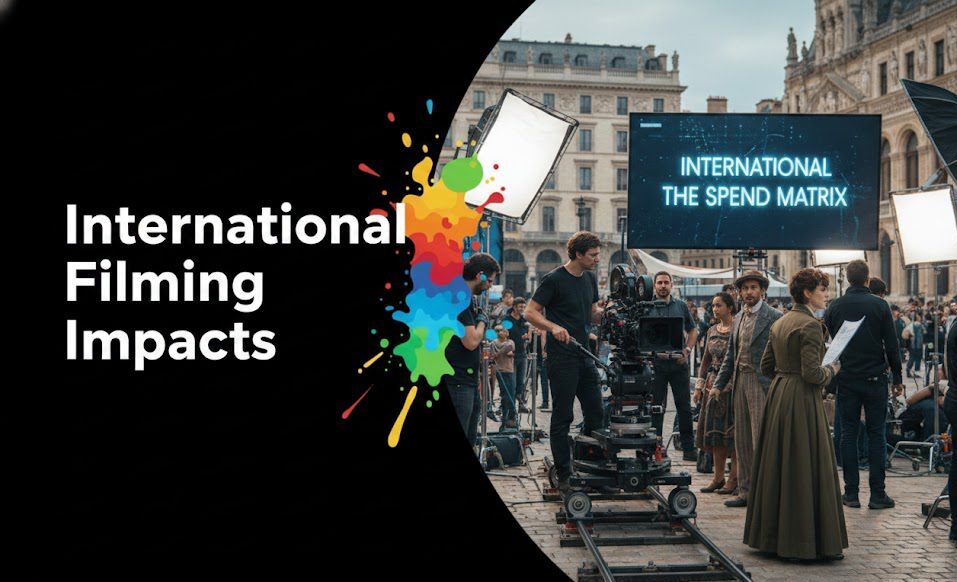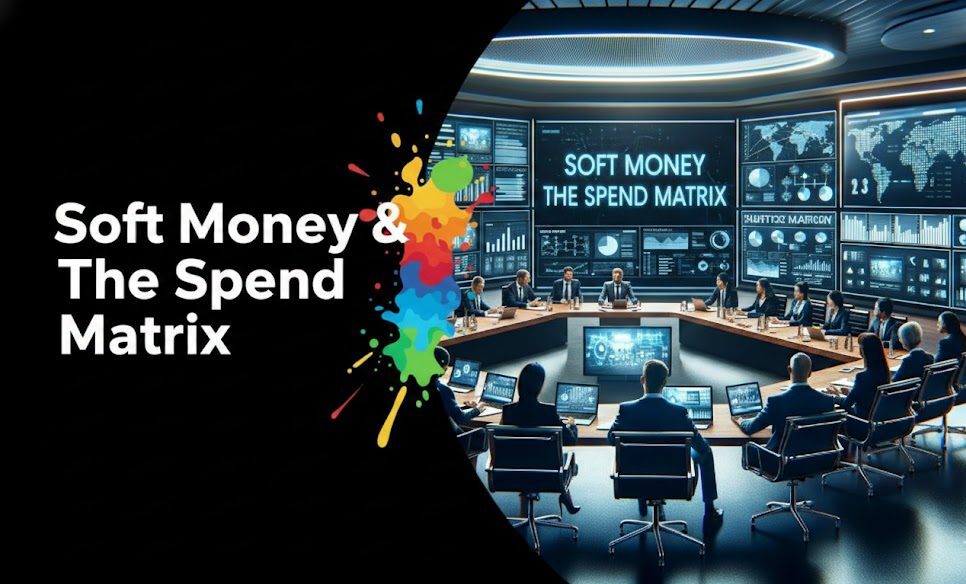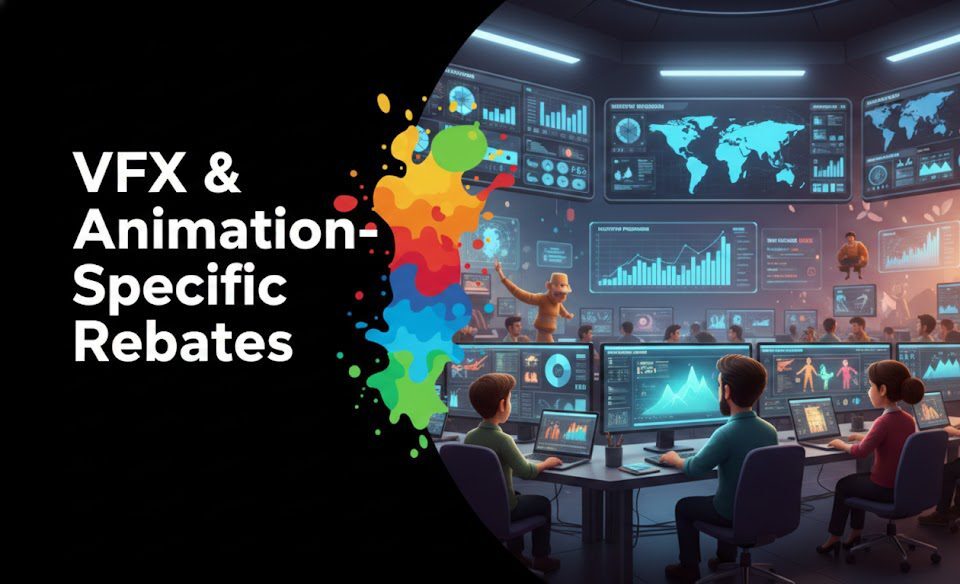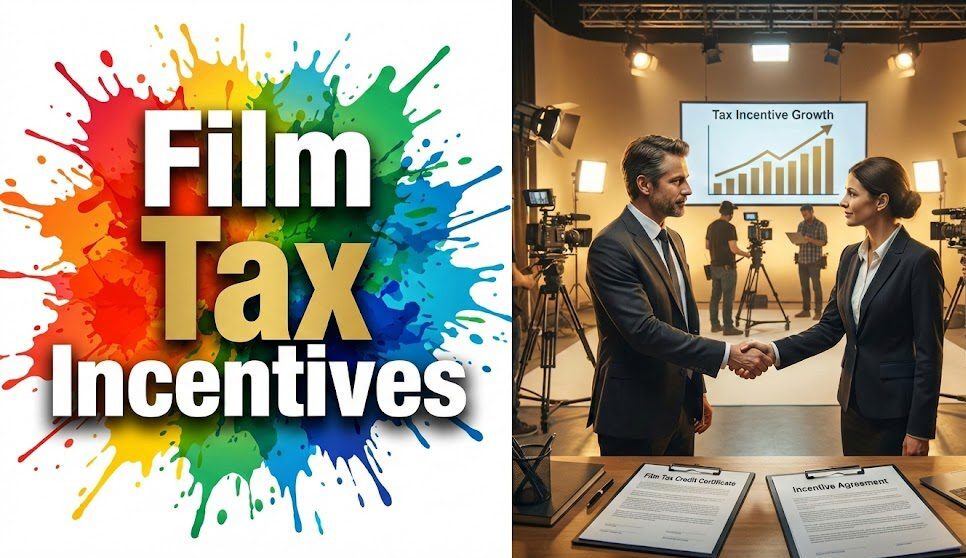Contact verification systems in entertainment are specialized intelligence frameworks that validate professional identities, deal histories, and authority levels of stakeholders across the global supply chain.
This involves transitioning from static, fragmented databases to real-time platforms that link 30 million industry relationships to verify “who is who” and “who owns what.”
According to the Vitrina Brief, the modern M&E landscape comprises over 600,000 companies, yet senior executives face a critical “data trust deficit” that exposes cross-border projects to significant financial and reputational risks.
In this guide, you will learn how verified intelligence bridges the fragmentation paradox, accelerates deal velocity, and ensures your partner discovery process is built on a foundation of authorized data.
While traditional networking relies on opaque, personal connections, the scale of today’s borderless market makes manual verification impossible. Legacy tools provide surface-level data that fails to account for the rapid M&A activity and shifting roles defining the post-streaming era.
This analysis fills the market gap between “knowing a name” and “verifying a partner,” providing acquisition leads with a roadmap to navigate global production pipelines with confidence.
Your AI Assistant, Agent, and Analyst for the Business of Entertainment
VIQI AI helps you plan content acquisitions, raise production financing, and find and connect with the right partners worldwide.
- Find active co-producers and financiers for scripted projects
- Find equity and gap financing companies in North America
- Find top film financiers in Europe
- Find production houses that can co-produce or finance unscripted series
- I am looking for production partners for a YA drama set in Brazil
- I am looking for producers with proven track record in mid-budget features
- I am looking for Turkish distributors with successful international sales
- I am looking for OTT platforms actively acquiring finished series for the LATAM region
- I am seeking localization companies offer subtitling services in multiple Asian languages
- I am seeking partners in animation production for children's content
- I am seeking USA based post-production companies with sound facilities
- I am seeking VFX partners to composite background images and AI generated content
- Show me recent drama projects available for pre-buy
- Show me Japanese Anime Distributors
- Show me true-crime buyers from Asia
- Show me documentary pre-buyers
- List the top commissioners at the BBC
- List the post-production and VFX decision-makers at Netflix
- List the development leaders at Sony Pictures
- List the scripted programming heads at HBO
- Who is backing animation projects in Europe right now
- Who is Netflix’s top production partners for Sports Docs
- Who is Commissioning factual content in the NORDICS
- Who is acquiring unscripted formats for the North American market
Producers Seeking Financing & Partnerships?
Book Your Free Concierge Outreach Consultation
(To know more about Vitrina Concierge Outreach Solutions click here)
Table of Contents
Key Takeaways for Acquisition Leads
-
Eliminate Ghost Leads: Verified systems prevent time waste on defunct companies, ensuring acquisition teams focus only on 140,000+ active, vetted industry players.
-
Authorized Data Advantage: In the age of AI, using authorized datasets protects your IP from legal infringements and ensures compliance with global standards.
-
Compressed Due Diligence: Leveraging 5 million verified professional profiles allows for instant vetting of track records and relationship mapping across 100+ countries.
What is a Contact Verification System in Entertainment?
In the context of the entertainment supply chain, a contact verification system is much more than a digital Rolodex. It is a live intelligence layer that cross-references project statuses, deal histories, and company structures to validate a professional’s current standing and authority. This system ensures that when an acquisition lead reaches out to a “Head of Sales,” that individual is not only employed at the specified studio but also holds the mandate for the specific territory or genre in question.
For decades, the industry operated on “siloed intelligence” found in trade reports or personal spreadsheets. However, with the rise of global co-productions and regional streaming hits like Squid Game, the volume of data has outpaced human memory. A verified system industrializes this “insider knowledge,” allowing users to query 30 million industry relationships to find the right partner at the right time.
Verify decision makers behind active projects:
The Fragmentation Paradox: Why Traditional Databases Fail
The “fragmentation paradox” describes a market that is more connected globally yet more siloed operationally. While it is easier than ever to stream content from anywhere, the data required to navigate the business of that content is scattered across 100 countries and thousands of unlinked databases. This creates a “market intelligence deficit” where senior executives are vulnerable to missing major M&A shifts or emerging regional distributors.
Traditional databases like IMDbPro are excellent for cast and crew credits but struggle to track the “business layer.” This includes financiers, sales agents, and vendors currently attached to early stage projects. Without real-time verification, acquisition leads often find themselves chasing outdated leads or pitching to companies that have recently been acquired or restructured.
Expert Perspective: AI, Archives, and Authenticity
Ken Mainardis of Getty Images explores how authenticity and verified IP are becoming the bedrock of the film and TV ecosystem. This perspective highlights why “knowing your source” is the ultimate protection against IP infringement in the AI era.
Solving the Data Trust Deficit
The “data trust deficit” is a structural deficiency where executives cannot perform effective due diligence on cross-border partners due to lack of verifiable track records. This deficit is most acute during international co-productions, where financial and reputational stakes are high. Verification systems bridge this gap by providing reputation scores based on historical collaborations and deal histories.
As highlighted in the Vitrina Brief, Vitrina AI tracks 1.6 million titles and 140,000 companies to provide a “single source of truth.” By mapping who has worked with whom and the outcomes of those deals, the platform transforms partner due diligence from a subjective, relationship-based process into an objective, data-driven science.
Bridge the data trust deficit with verified track records:
Authorized vs. Unauthorized Data Access
A critical shift is occurring toward an “Authorized Data” market. For executives, using verified contact systems that rely on authorized, structured metadata is not just a productivity hack. It is a legal safeguard against IP infringement.
When you rely on “unauthorized” data scraped from generic sources, you risk training internal AI or making strategic moves based on inaccurate intelligence. Verified systems like Vitrina provide a controlled environment where relationships and deal data are tracked with the “insider advantage” of a global agent, ensuring compliance with evolving standards.
3 Ways Verification Accelerates Deal Velocity
-
1. Precision Outreach with VIQI AI
Traditional outreach has low response rates because it is generic. Verification systems allow for precision outreach by identifying buyers whose recent deal history matches your project exactly.
-
2. Real Time Tracking of Licensing Windows
Content is rotating platforms every 18 to 24 months. Verification systems track these shifts, allowing acquisition leads to identify available rights windows before competitors realize a title has reverted.
-
3. Instant Vendor Qualification
For production teams, verifying a VFX house’s capacity is critical. Instead of relying on word of mouth, systems provide verified company profiles that map current projects and resource availability.
Executive FAQ: Contact Verification in Entertainment
What is a contact verification system for entertainment?
It is a live intelligence layer that cross references project attachments, deal histories, and company mandates to validate a professional’s current standing and authority level.
How does it differ from traditional databases like IMDbPro?
While IMDbPro focuses on cast and crew credits, a verification system like Vitrina focuses on the business layer. This includes tracking who owns mandates, who has funding, and who has the authority to sign a deal.
What are “ghost leads” in the entertainment industry?
Ghost leads are companies or professionals that appear active in static directories but have actually gone defunct, been acquired, or moved to different mandates without public updates.
How does verification solve the data trust deficit?
It provides reputation scores and verified collaboration maps. This allows executives to see a partner’s actual track record of completed projects before initiating a high risk co-production.
Why is authorized data critical for AI strategies?
Using unauthorized or scraped data exposes companies to legal risks. Authorized data markets ensure your strategy is built on IP that has been properly sourced and cleared for enterprise use.
Can these systems track licensing windows?
Yes. Advanced systems track project status changes and licensing shifts in real time, alerting acquisition teams to content availability often before it is publicly announced.
Does Vitrina integrate with existing CRM tools?
Vitrina offers API-ready data feeds that plug into platforms like Salesforce or HubSpot, enriching your existing leads with verified industry metadata automatically.
How many professionals are currently tracked on Vitrina?
The platform maps over 30 million industry relationships and tracks 5 million professionals across the global supply chain to ensure a comprehensive view of the market.
What is Precision Outreach?
Precision Outreach is an AI enabled strategy that uses data intelligence to identify and target only high value decision makers who have an active need for your specific type of content.
How does verification help in cross border deals?
It provides a local intelligence advantage in 100 countries, allowing you to qualify regional distributors or production services with the same rigor you would use for a local partner.
“In an industry starved of reliable data, replacing anecdotal information with a clear, data driven view is the only way to navigate a market of 600,000 companies.”
About the Author
Written by the Vitrina Editorial Team, specialists in the global entertainment supply chain and AI powered market intelligence. Connect with us on Vitrina AI.


